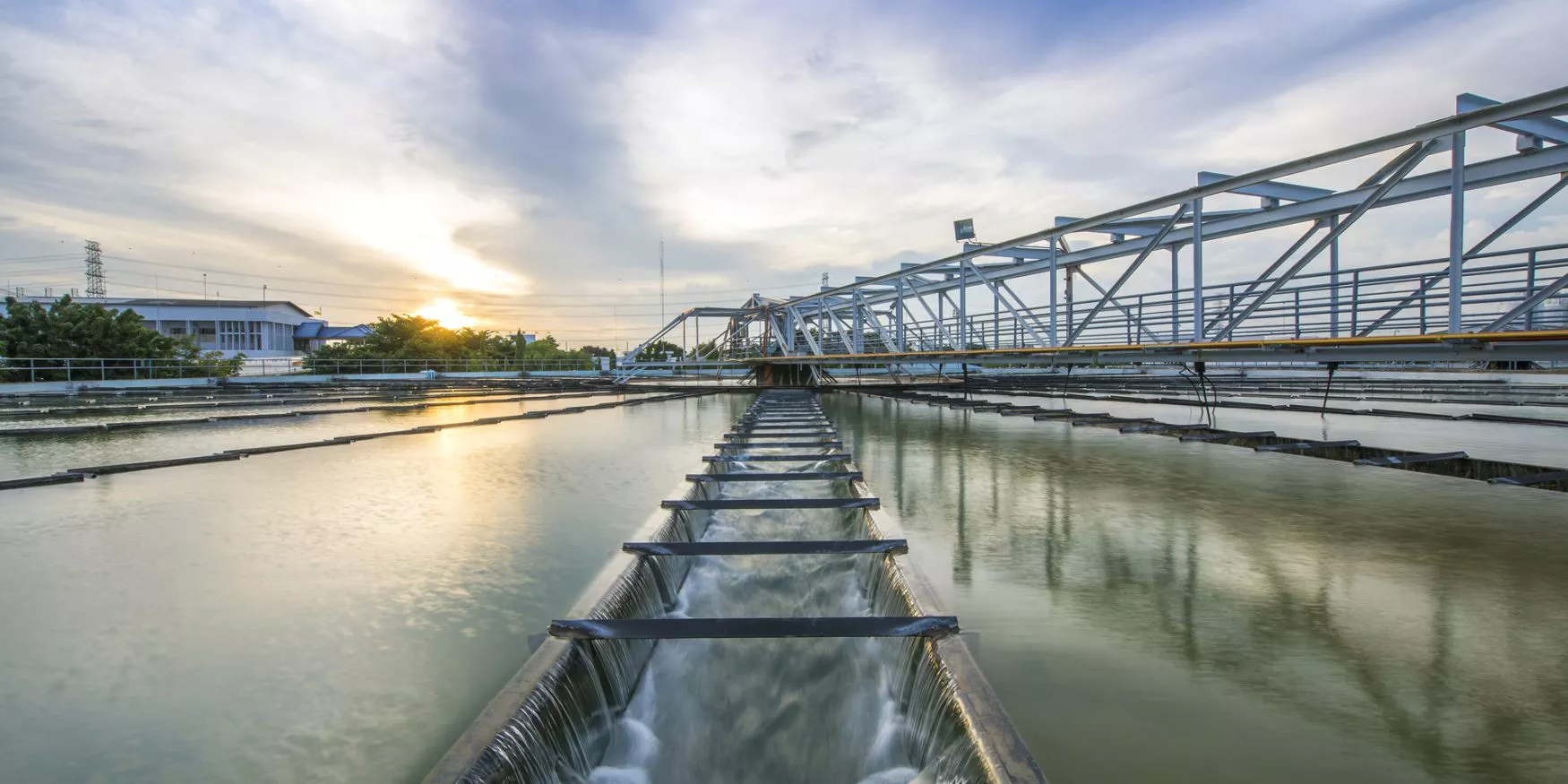Treatment of liquid effluents
Increasing industrialization has led to widespread environmental pollution and the production of large quantities of domestic, urban and industrial effluents to be treated. It is therefore essential to develop adequate solutions to treat and purify them.
Our strengths
- Due to its multidisciplinary nature, Materia Nova offers a variety of processes that can be adapted to the quantities and types of pollution to be treated.
- The bioprocesses developed by Materia Nova target the use of living organisms; bacteria, fungi, plants and their application on liquid effluents. The biotech laboratory evaluates in particular the combination of organisms such as in the form of a bacterial consortium to treat multiple contaminations, bio-enhancement (Greener) but also the identification of new candidates to propose a more targeted bioremediation.
- Bioprocesses also have the advantage of treating persistent contaminants, which can be treated even in very small quantities, but also of being able to valorize these liquid effluents in the form of molecules with higher added value (e.g. the transformation of metals in the form of nanoparticles, upcycling). The biotechnology laboratory also offers hybrid technologies combining living cells with materials.
- The use of plasma technologies for chemical and biological decontamination has the double advantage of simultaneously destroying organic pollutants and microbes. Plasma is capable of decontaminating solid, liquid or gaseous materials on large quantities of industrial effluents and therefore offers great advantages (speed, efficiency and low cost).
- Monitoring and detection by fiber optic sensors.
